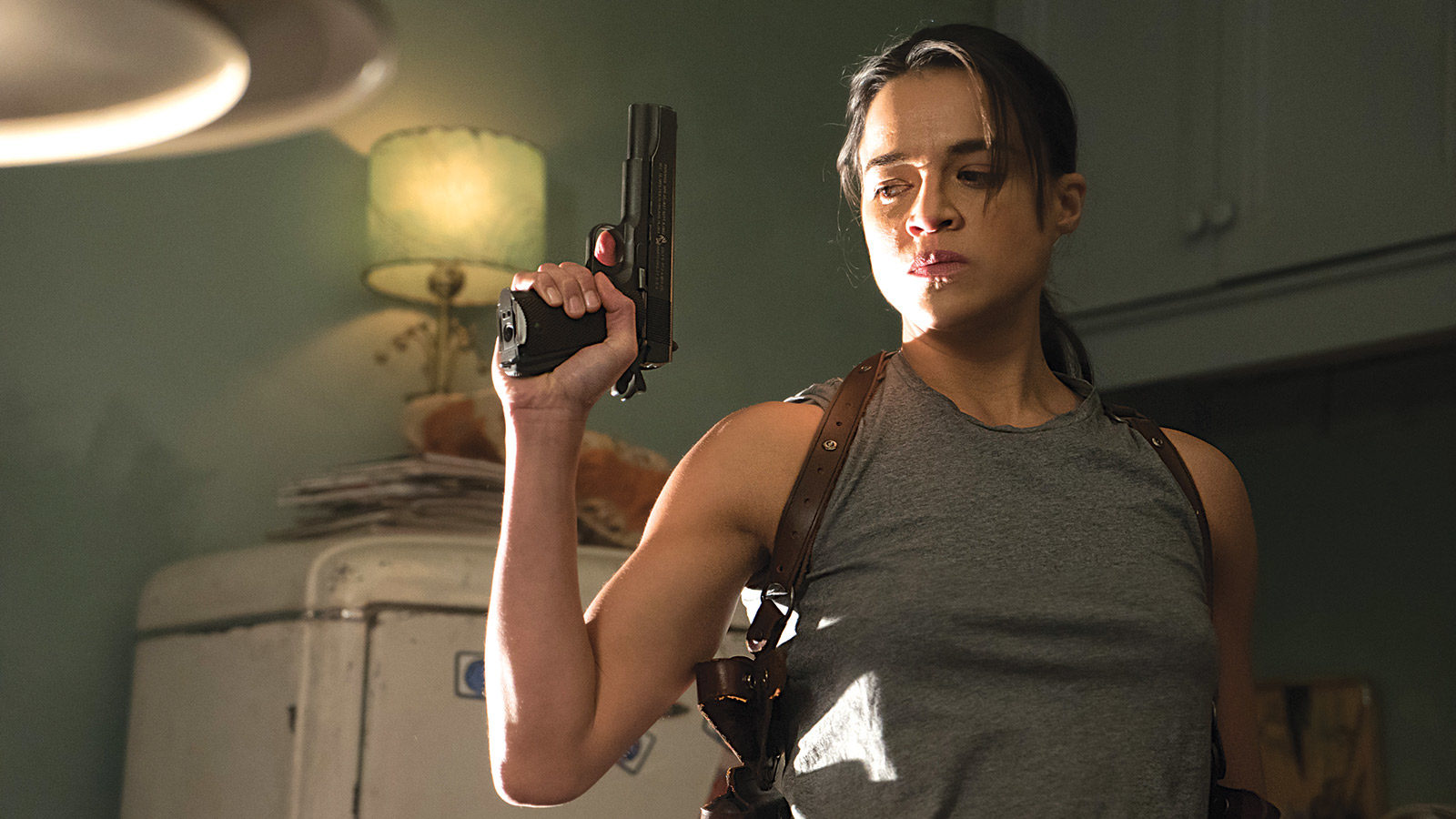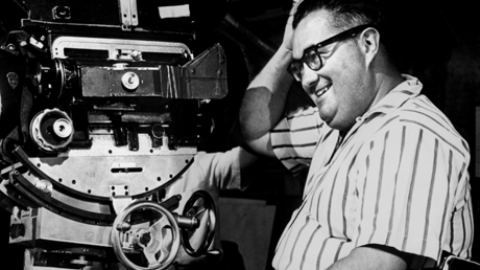By Nathan Lee in the March-April 2017 Issue

Review: The Assignment
(Walter Hill, USA, Saban Films, Opens April 7)
Pistols blaze and bodies pile up in The Assignment, but the real triggering here is of a rather different kind. Frank Kitchen (Michelle Rodriguez), laconic hit man of San Francisco, awakens one morning to find his junk missing and his chest bulging with boobs, the victim of a forced sex-change operation at the hands of a demented surgeon taking revenge for the death of her brother. This is the nefarious, androgynous Dr. Rachel Kay, played with the straightest of faces by Sigourney Weaver, whose reputation as a long-standing supporter of gay rights just collapsed under the collective rainbow howl greeting this flamboyantly . . . ballsy? movie.

From the March-April 2017 Issue
Also in this issue
A throwback to pulp cinema before the existence of safe spaces, The Assignment is designed to antagonize, and it will undoubtedly succeed in pissing off two overlapping constituencies: those repelled by the callous notion of transgender identity as punishment; and those disgruntled by the movie’s primitive plot mechanics, cardboard characters, cheeseball dialogue, and low-rent production values. Both camps, I suspect, will find their counterparts in recuperative niches. No movie this shamelessly wrong can fail to cultivate a cult. A woman’s place is in the (Frank) Kitchen? Seriously? Meanwhile, the signature of Walter Hill as director (and co-writer with Denis Hamill) guarantees a contingent of auterist fanboys heralding a diamond in the (very) rough. I don’t have a horse in that particular race, and as a cisgendered viewer it’s not my place to imagine what a trans audience would make of this mess. That the movie is blatantly phobic, trivializing, and exploitative of the extremely fraught question of gender reassignment surgery is beyond doubt. At the same time, the dysmorphic hysteria is so monumentally obvious that calling it out bears zero force as critique. The real object of criticism here, it seems to me, is not the affront to trans autonomy and dignity, but rather the degree to which the film commits to, and reflects upon, its dubious premise. Dr. Kay doubles throughout as the mouthpiece of a fishy meta-commentary, noting that her failure to liberate Frank from his “macho prison” affirms the independence of gender from anatomy. The good doctor is further blessed by a literary turn of mind, and extemporizes a bit of Poe’s essay “The Philosophy of Composition” to the effect that “proper art [is] indifferent to moral and political considerations . . . real art [is] about its own dynamic inner relationships, able to stand on style alone.” Well, okay then!
With all due deference to Edgar Allan, art that attempts to be proper usually ends up neither art nor very proper; nothing is more ideological, after all, than professing yourself above ideology. The Assignment is not so naïve as to presume that “moral and political considerations” are irrelevant to its effect, but once you wrap your head around the premise the effect is more or less played out. As for style, the functional simplicity of the mise en scène has a pleasant modesty, despite the superfluous comic-book wipes and animation that underscore—in case we weren’t getting the message—that we are not in the province of realism. The movie is crazy, but not crazy enough; previously known as Tomboy and (Re)Assignment before settling on its current generic title, it should have been called Pussy Grabs Back.
Nathan Lee is a longtime contributor to Film Comment.







